
Published:
Readtime: 7 min
Every product is carefully selected by our editors and experts. If you buy from a link, we may earn a commission. Learn more. For more information on how we test products, click here.
Parasocial relationships. They sound cool but can actually be very damaging when not managed correctly. Whether you’re pining away for interaction with your favourite influencer or you’ve found yourself a little too deep in admiration for a sporting star, there may be something more pressing at play. To help get to the bottom of the newfound fascination, we sat down with Bare Therapy founder and certified practising counsellor Tammi Sue, uncovering the true meaning of a parasocial relationship and how to know if your ‘likes’ are spiralling out of control.
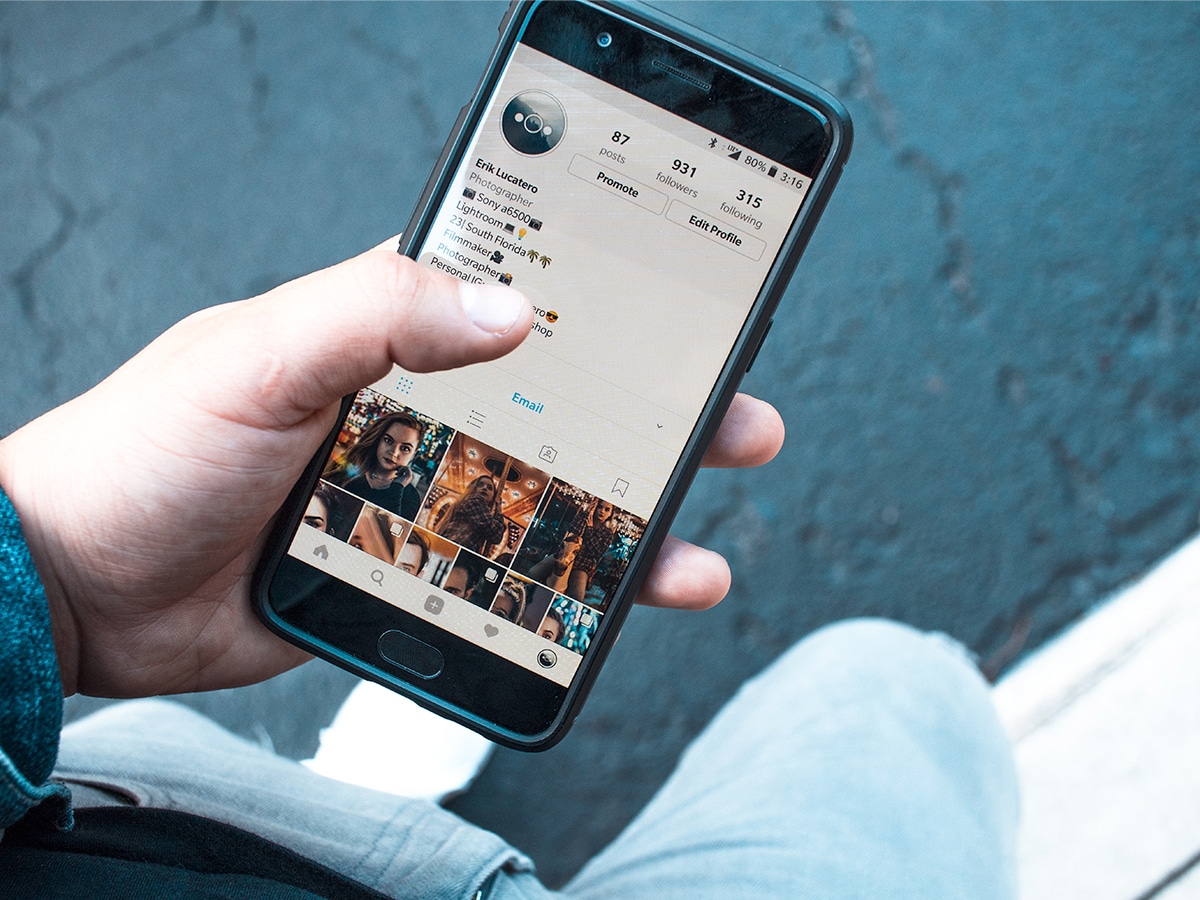
What is a Parasocial Relationship?
The true parasocial relationship definition is deemed as a one-sided relationship where Person A knows everything about Person B, and Person B knows nothing about Person A. Importantly, a parasocial relationship most commonly plays out over the internet. That Instagram model who you follow, knowing where her house is and when her birthday is even though she doesn’t know you? That’s a parasocial relationship. Huge fan of Daniel Ricciardo and know what he farms in Western Australia? That could be a parasocial relationship.
Our access to the internet has made parasocial interactions more intense than ever. With the help of geotagging, hashtagging and some super social sleuthing, it’s easy to find out all the ‘secret’ details of influencers and celebrities – even that girl next door – who live their lives online. In fact, during COVID-19 more clients attended therapy for ‘relationships’ with people who didn’t know anything about them because isolation increased the need for connection – with anyone.
It’s important to note that parasocial relationships aren’t always associated with ‘obsessive’ or ‘stalker’ activity. You may be at the pub and have a convo with your mate about Statham and Huntington-Whiteley’s weekend plans as though they’re in your friendship group, using language such as “did you see Jason and Rosie did the Hollywood hike?” and “Jason and Rosie looked bored at Wimbledon, I think they like playing sports rather than watching, don’t you?!”. That sort of familiar, first-person language doesn’t mean you’re stalking and seeking them out, but it could indicate you’re more invested in their lives than simply a stan of them via social.
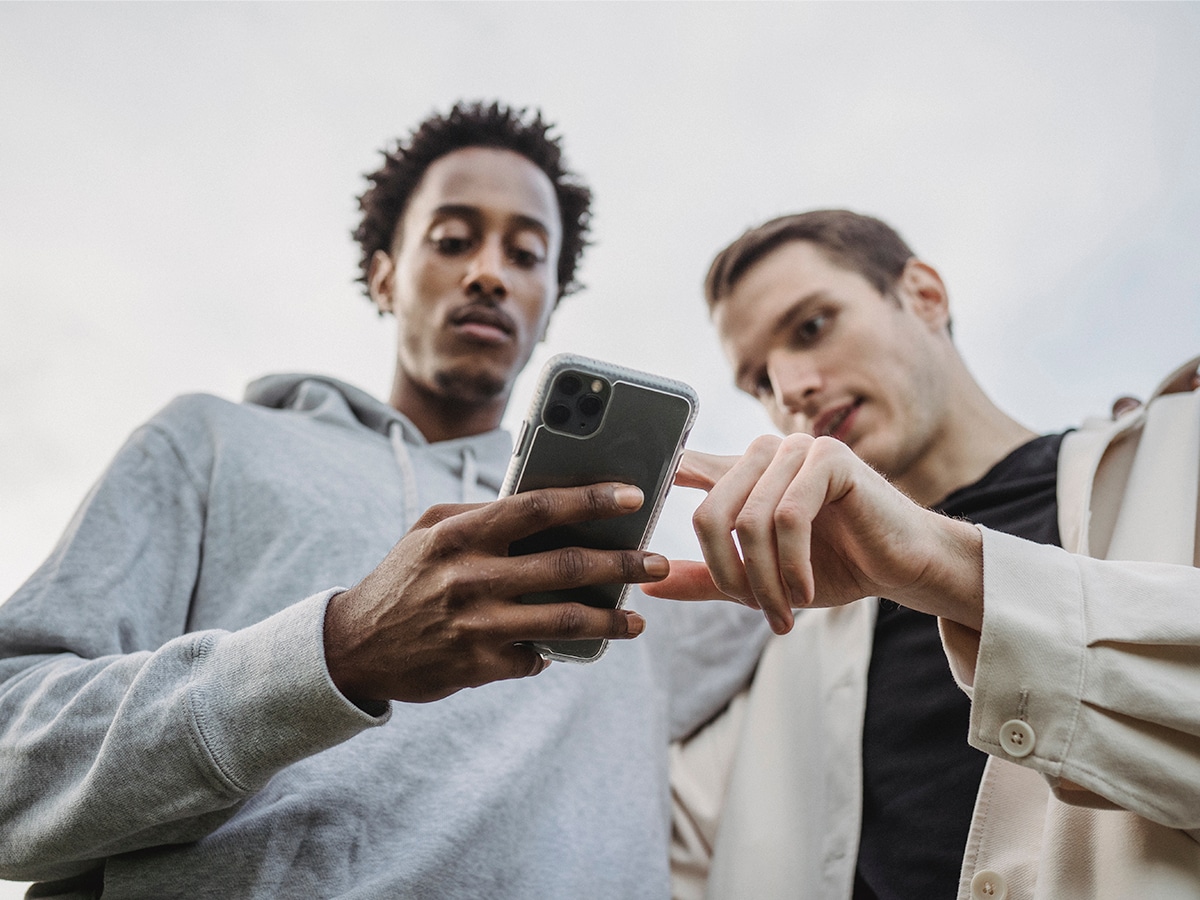
Are Parasocial Relationships Healthy?
Where things get dangerous is when Person A starts trying to communicate with Person B as though they are friends or in a relationship. This is a relatively new aspect of parasocial relationships, thanks – again – to the internet. Previously, people would only seek out movies with their favourite stars and that would be the extent of it. However, now they can follow the star on Instagram and send obsessive DMs, which can turn threatening when not responded to.
This is when parasocial relationships can negatively impact your mental health. Yes, loneliness is filled with a ‘social interaction’ however without reciprocation, this quickly becomes unsatisfactory and then can escalate to harassment, verbally and sexually (enter: ‘simp’).
RELATED: Are you dating a Narcissistic? Here’s what to look out for.
Why do People Develop Parasocial Relationships?
As we saw in the COIVD-19 pandemic, loneliness can lead to the strengthening or development of parasocial relationships. Add to this isolation, depression, social anxiety, lack of security in your home or school, or past negative relationships, and you can see why it may be a good idea to start a relationship with someone who knows nothing about you – and thus, cannot hurt or ‘dump’ you.
Today, if you spend a lot of time on social media and have one or more of the above precursors, commencing a parasocial relationship wouldn’t seem too unusual. It’s the depth and length of the relationship that matters most.
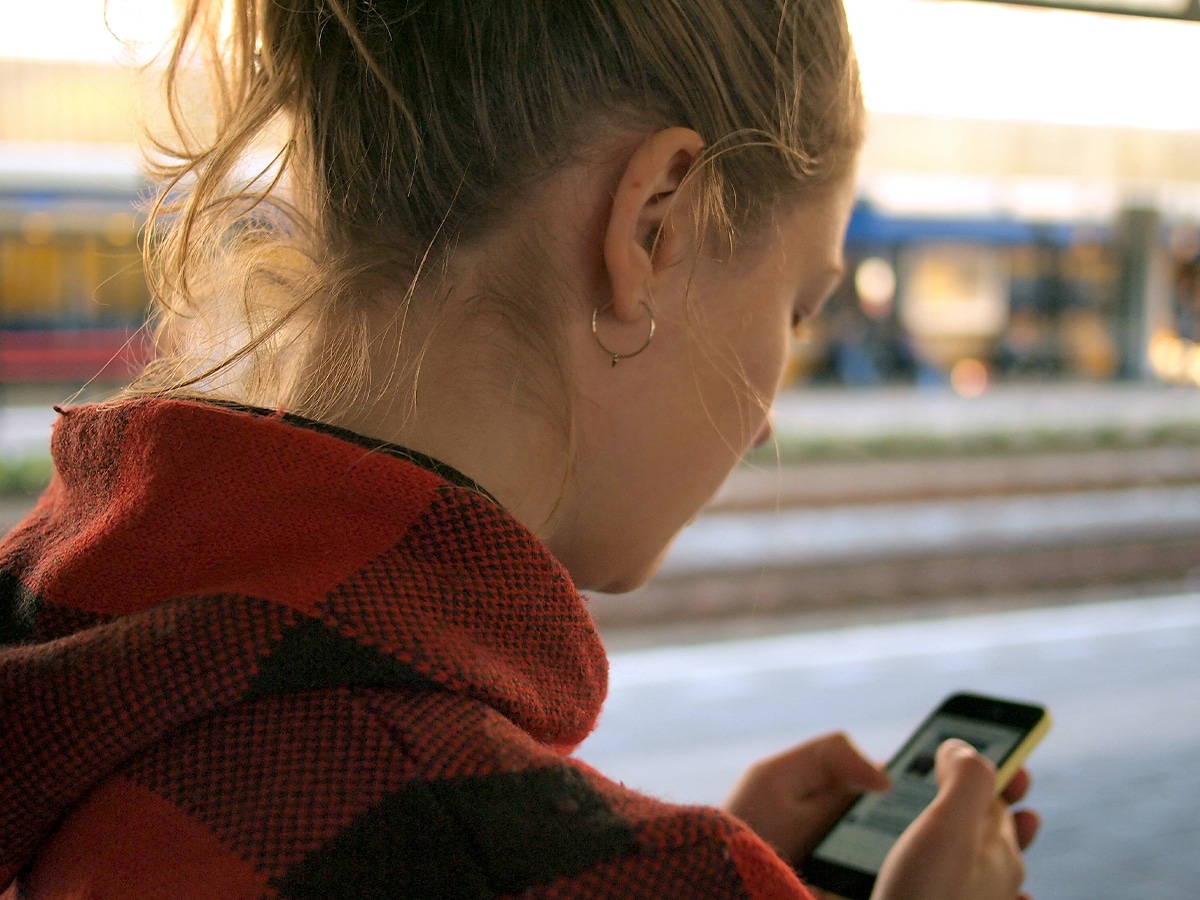
How to Know if You’re in a Parasocial Relationship
Now you know what a parasocial relationship is, you may wonder if you’re in one. Here is a quick checklist to see whether you’re in a parasocial relationship, and how it might impact you. For the checklist, we’ll use the word ‘celebrity’ as Person B, but feel free to replace it with ‘influencer’ or someone’s name if it helps you answer correctly:
- I continue to send Direct Messages to (celebrity) on Instagram, even though they don’t respond
- I talk about (celebrity) with my colleagues / friends / family in ‘real life’, as though they are a true friend of mine
- I care more about (celebrity)’s achievements and activities than my own goals
- If someone says they don’t like (celebrity), I am offended or angry
- I trust (celebrity) more than I do my colleagues / friends / family in ‘real life’
- I’ve ignored my colleagues / friends / family in ‘real life’ to spend time with (celebrity) online instead
- I get anxious when (celebrity) doesn’t upload any content or isn’t featured in the news for several days
- I spend more money than I can afford on (celebrity)-related merchandise or streams
- I believe the only good relationship in my life is the one with (celebrity)
If you answered ‘Yes’ to any of the above, it might be time to seek help to detangle yourself from your parasocial relationship.
What to Do If You Think You’re in a Parasocial Relationship
If you think you’re in an unhealthy parasocial relationship, start thinking about a parasocial breakup (yep, that’s what it’s called). A parasocial breakup is the end of the infatuation with Person B, either by choice or circumstance. For instance, after reading this article you may decide to ‘take a break’ from your favoured person (choice), or you may find someone else to transfer your infatuation over to (circumstance).
If choosing to end a parasocial relationship, treat it as you would a regular breakup. Limit your interaction with the person, set boundaries with your friends and family by asking them not to bring up the person when around you, and block them on all social media until your feelings subside. Do note that while you treat it like a regular breakup, you’ll likely also experience the feelings associated with a regular breakup – depression, anxiety, sadness, insomnia, loss of appetite.
Seek help from your real-life social network to help you through this time, connecting in person over meals or social activities especially at the time of day you would otherwise be online. A therapist may also help you separate your parasocial feelings from reality and establish a plan to help you on a path to healing.
About the Author: Tammi Miller is a certified practising counsellor, founder of BARE Therapy, and author of Paperback Therapy: Therapist-approved tools and advice for mastering your mental health. The Sydney-based professional is a Provisional Member of the Psychotherapy and Counselling Federation of Australia, and received her training at the Australian College of Applied Psychology (ACAP) in 2020.
Did you enjoy this story on parasocial relationships? Check out some of our recent coverage on other dating traits and meanings to look out for.
- Narcissistic Personality Disorder: Meaning, Traits, Causes
- 8 Tell-Tale Signs of a Toxic Relationship
- What is a Simp? The True Simp Meaning Explained
Parasocial Relationship FAQs
According to certified practising counsellor and founder of Bare Therapy, Tammi Sue, a parasocial relationship is a one-sided relationship where Person A knows everything about Person B, and Person B knows nothing about Person A. In this instance, it could be a case of celebrity fascination or infatuation that sees Person A attempt to connect with Person B, leading to negative impacts.
An example of a parasocial relationship may be an instance where you are avidly knowledgeable about a media personality’s movements and lifestyle to the point of extremes. If you are acutely aware of a social media influencer’s birthday, where they were born and how often they travel back home, that would be an example of a parasocial relationship.




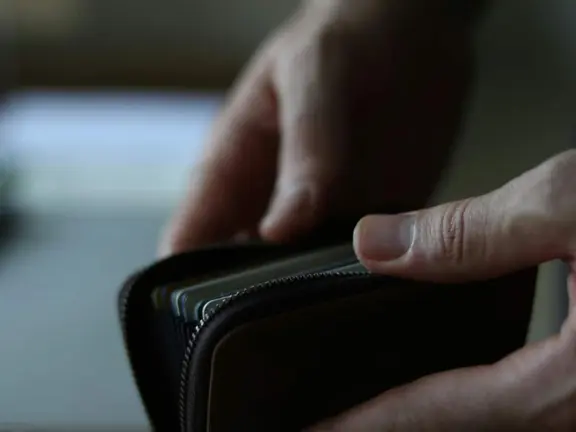


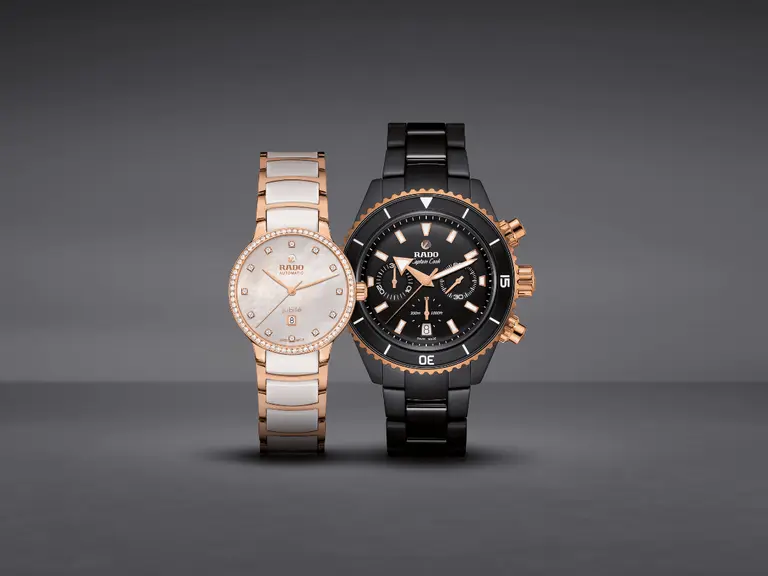
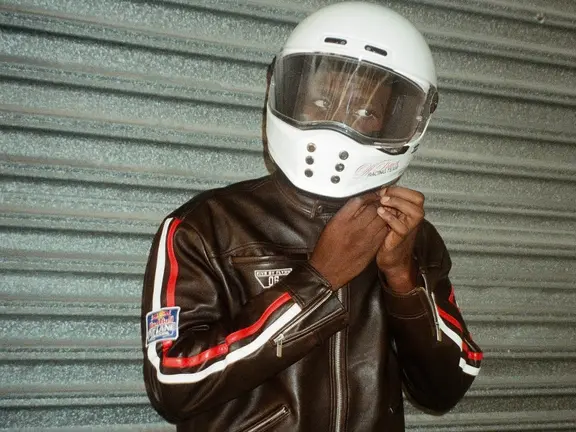

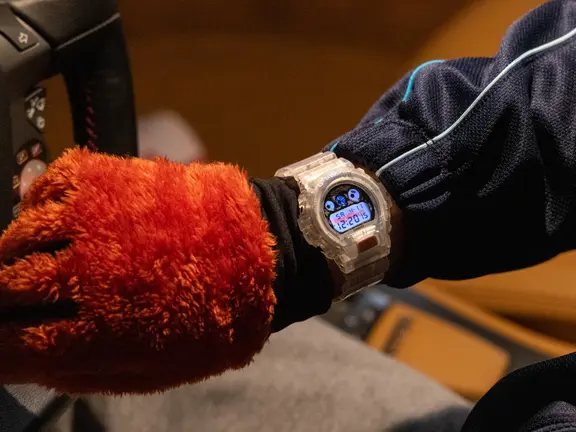











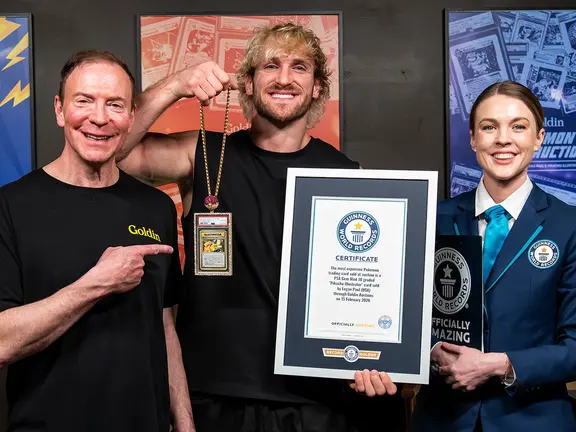




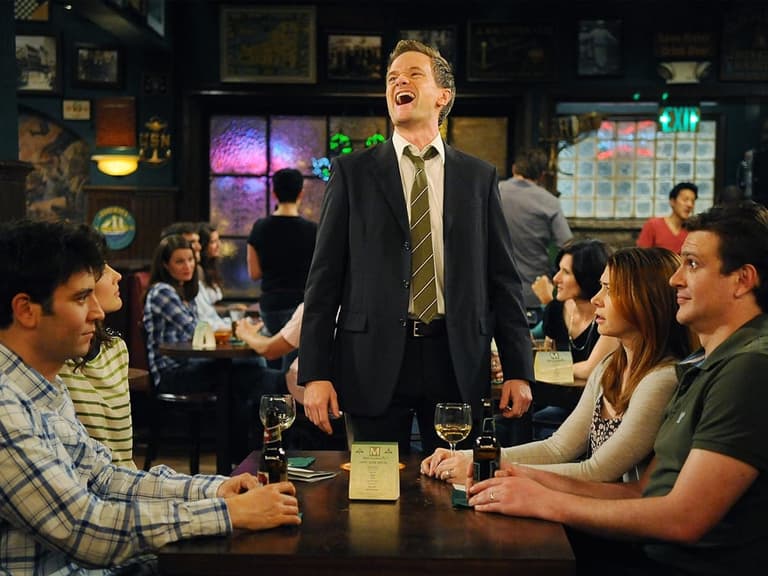


Comments
We love hearing from you. or to leave a comment.